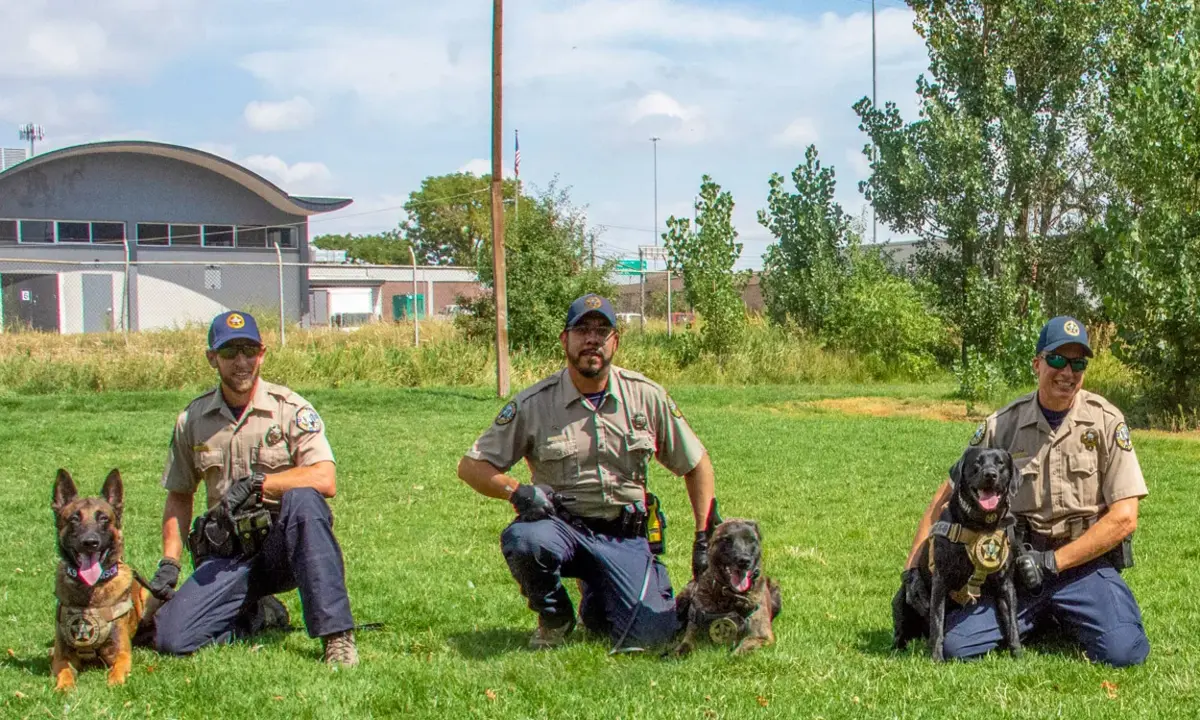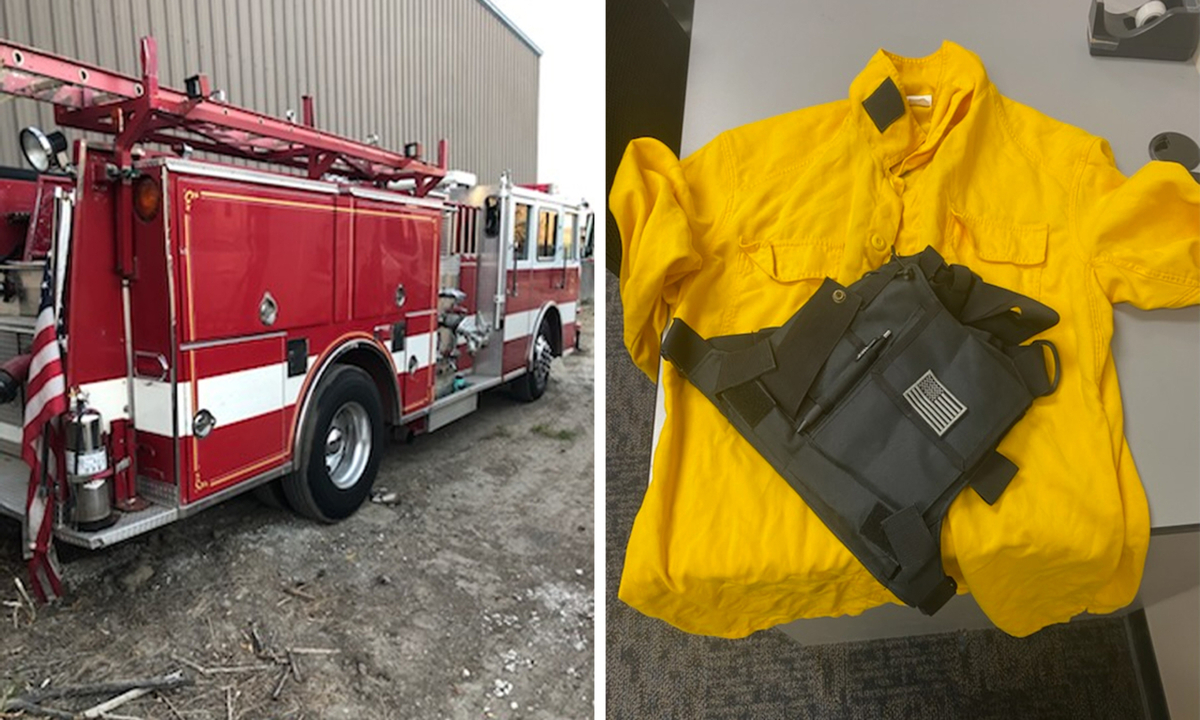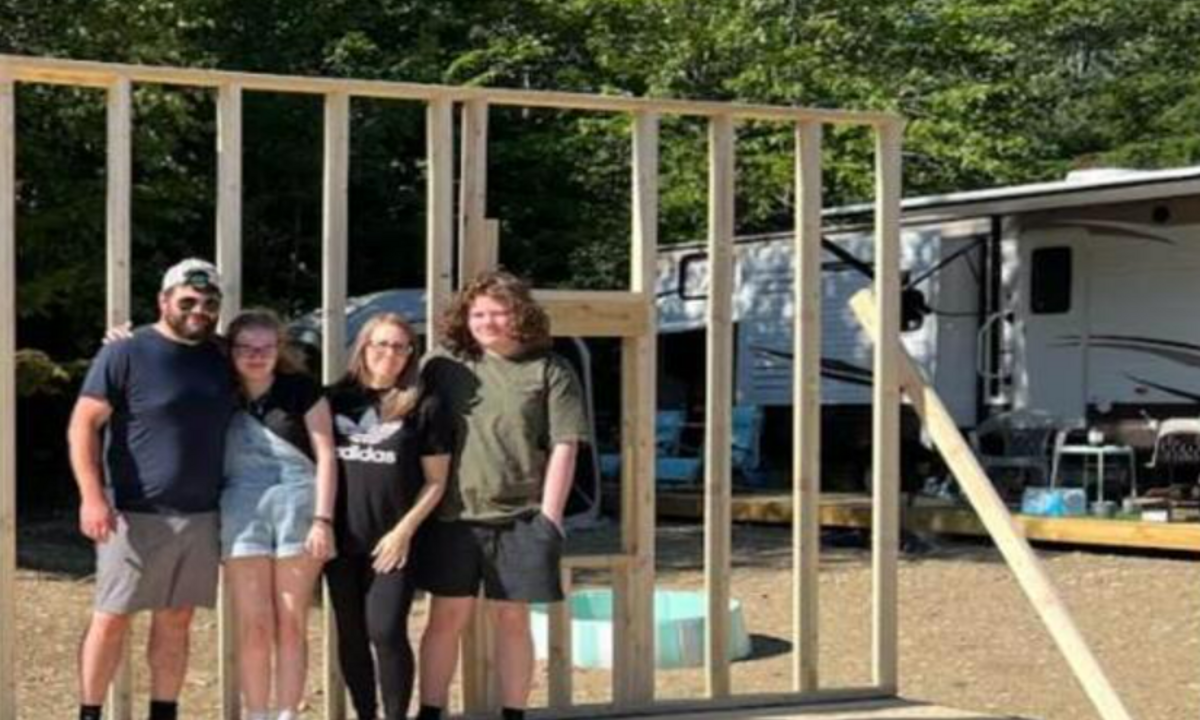To ensure the safety of residents and wildlife, Colorado Parks and Wildlife (CPW) has deployed a team of specially trained dogs to haze mountain lions from Beulah. This proactive approach aims to guide the mountain lions back to their natural habitats, away from populated areas, while avoiding the need for euthanasia.
The operation, carried out on Tuesday, Jan. 21, reflects CPW’s commitment to managing human-wildlife conflict responsibly, prioritizing both public safety and animal welfare.
Why Mountain Lions Are Moving Into Beulah
Mountain lions, native to Colorado, are highly adaptable predators that typically reside in mountainous regions and forests. However, their increasing presence in residential areas like Beulah is largely due to habitat encroachment and the availability of easy food sources, such as pets and livestock.
Wildlife experts emphasize that these animals are not intentionally targeting humans. Instead, they are drawn to areas where food is more accessible, often due to human activities like leaving trash unsecured or allowing pets to roam freely.
The Role of Trained Dogs
To address this issue, CPW’s Lion Team is employing a method called “hazing.” This involves using trained dogs to track the scent of mountain lions and drive them back to the mountains.
The dogs are highly skilled and trained specifically for this type of operation. As they move through properties in Beulah, they track the lions’ scent trails and encourage the animals to retreat to their natural habitats.
If a lion climbs a tree during the process, CPW plans to tranquilize the animal and fit it with a tracking collar. This allows wildlife officials to monitor the lion’s movements, gather valuable data, and ensure it stays away from residential areas in the future.
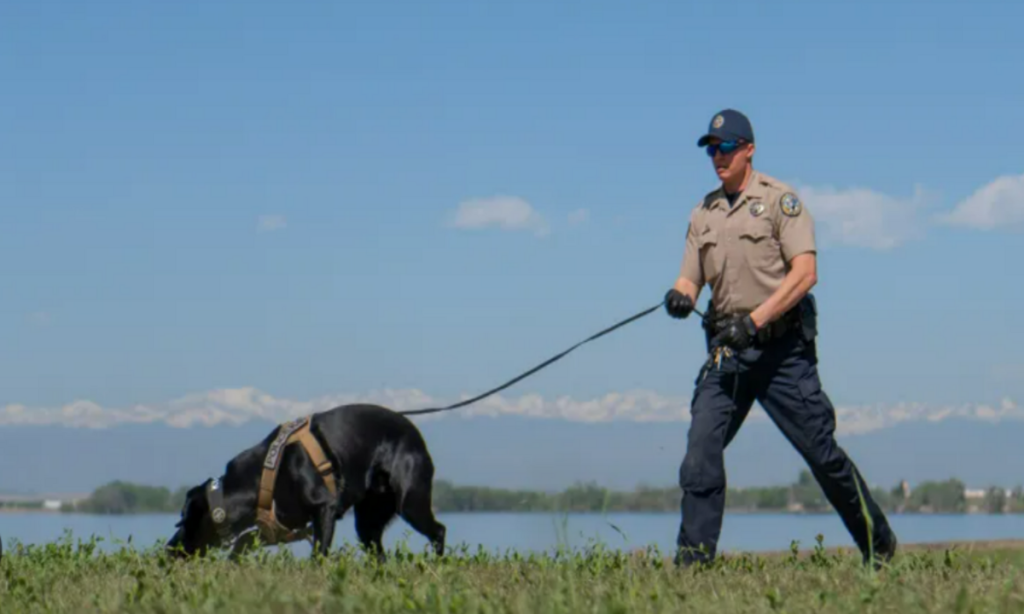
Community Cooperation Is Key
For this operation to be successful, the Beulah community has been asked to cooperate with CPW’s efforts. Residents are urged to keep their pets indoors throughout the day to avoid interfering with the dogs’ work. The Lion Team, equipped with the necessary skills and tools, does not require any assistance from the public.
By limiting human and pet activity in the area, CPW can carry out the operation efficiently and minimize stress on the animals being relocated.
Avoiding Euthanasia
One of the primary goals of this operation is to avoid the need to euthanize mountain lions. In many cases, mountain lions that venture into residential areas are deemed a threat to public safety and are euthanized as a last resort.
CPW hopes that by using hazing techniques and tracking collars, they can effectively manage the situation without harming the animals. By guiding the lions back to their natural habitats and monitoring their movements, wildlife officials aim to maintain a safe distance between these predators and human populations.
What Residents Should Know
While mountain lions generally avoid human contact, it’s important for residents to take precautions to reduce the likelihood of encounters. CPW offers the following tips:
Secure trash and compost bins to avoid attracting prey animals like raccoons and rodents.
Keep pets indoors or on a leash, especially during dawn and dusk when mountain lions are most active.
Install outdoor lighting to deter wildlife from approaching homes.
Avoid leaving pet food outside, as this can attract both prey and predators.
Residents are also encouraged to report any mountain lion sightings to CPW, allowing officials to respond promptly and appropriately.
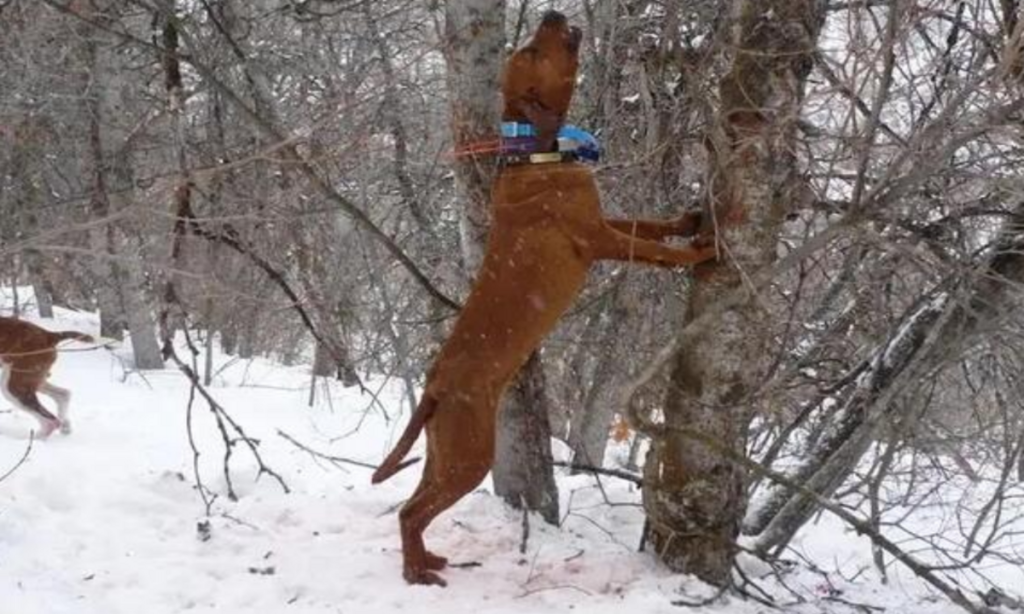
The Bigger Picture
This operation is part of CPW’s broader efforts to manage Colorado’s growing human-wildlife interactions. As urban areas expand into natural habitats, conflicts between humans and wildlife are becoming more common.
Through initiatives like this one, CPW demonstrates its commitment to finding humane and sustainable solutions. By prioritizing education, community involvement, and non-lethal methods, the agency aims to foster coexistence between humans and wildlife.
Conclusion
The use of trained dogs to haze mountain lions out of Beulah showcases a thoughtful and proactive approach to wildlife management. By guiding these predators back to their natural environments and equipping them with tracking collars, CPW is addressing safety concerns while ensuring the lions are not harmed unnecessarily.
With the cooperation of the Beulah community and the expertise of CPW’s Lion Team, this operation serves as a reminder of the importance of coexistence and the need for innovative solutions to human-wildlife conflict.
Disclaimer—Our team has checked this article to ensure its accuracy and eliminate any misinformation. We are committed to providing clear and reliable information for our readers.

